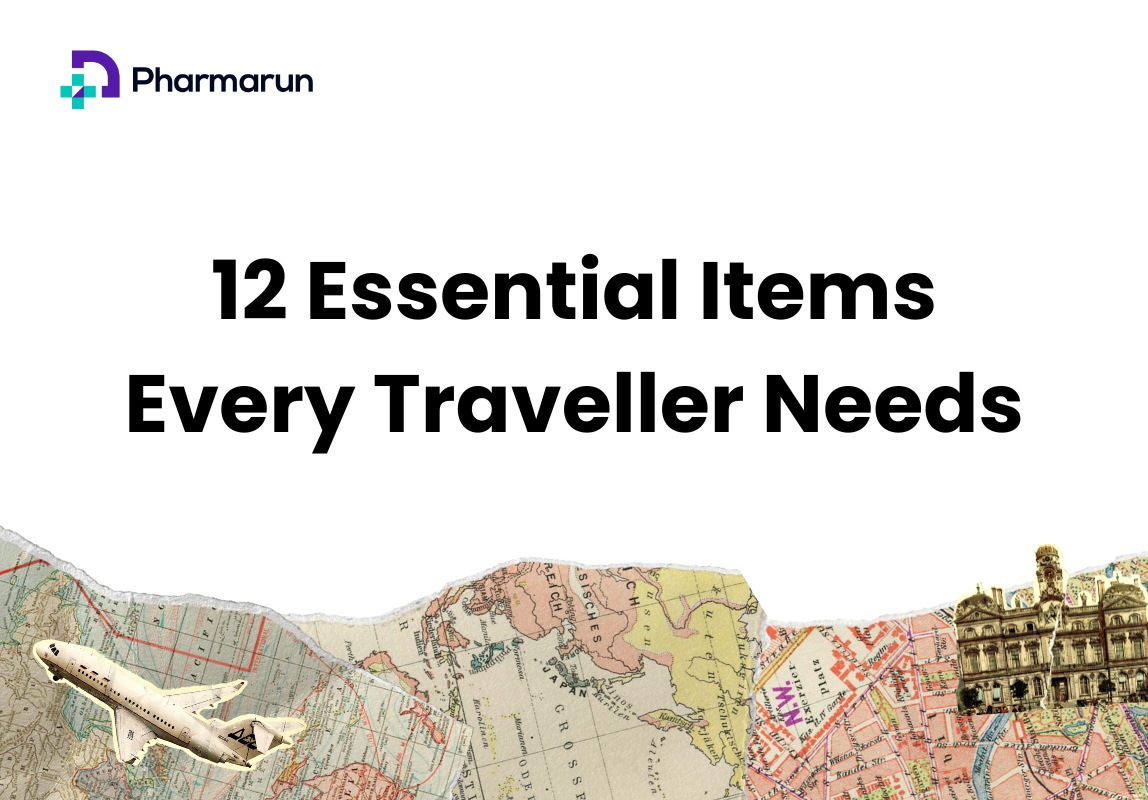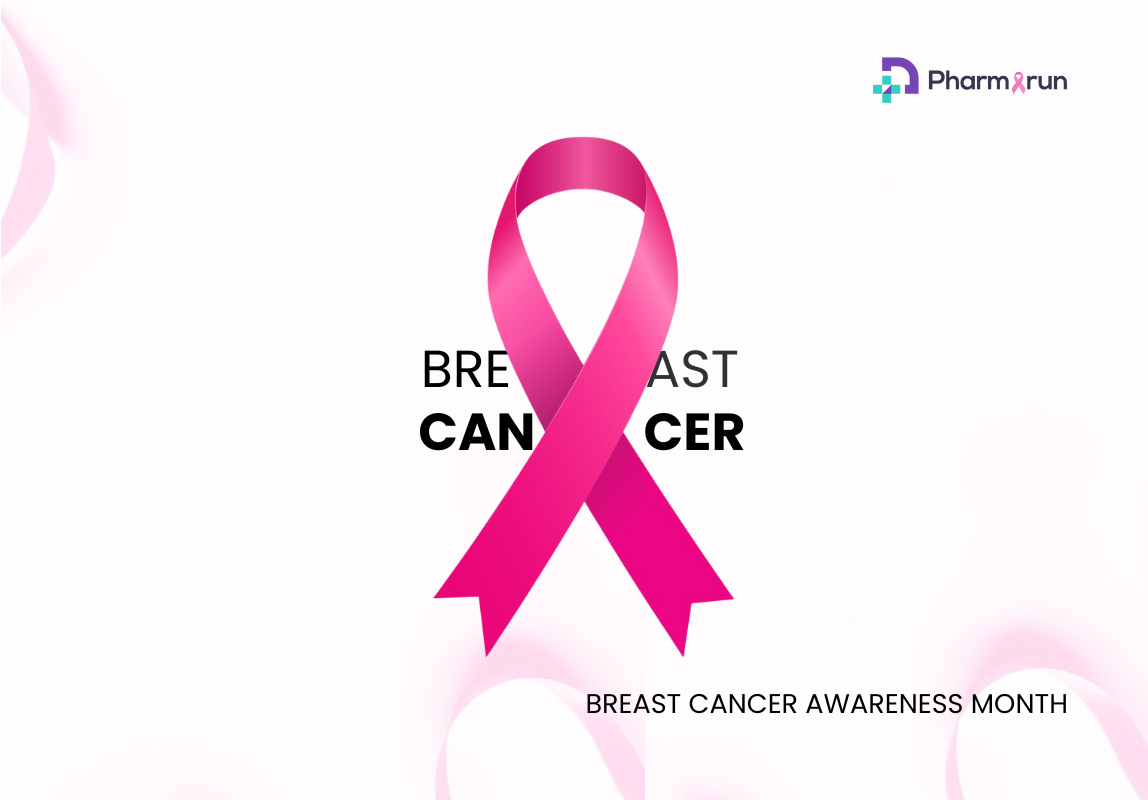The Relationship Between Politics and Health: What Nigeria's 2023 General Election Could Mean for Healthcare

Politics and healthcare are intertwined in many ways, and the decisions made by political leaders can have a significant impact on the health and well-being of a nation's population. In Nigeria, a country of over 200 million people, healthcare is a crucial issue that has been affected by political decisions in the past.
This year, Nigeria held a presidential election that was closely watched by many Nigerians and observers around the world. The election was seen as an opportunity for the country to address pressing issues, including healthcare.
Today, we will discuss the relationship between politics and health in Nigeria, and explore what the outcome of the 2023 election could mean for the country's healthcare system.
The 2023 General Elections
Nigeria's 2023 presidential election was highly anticipated, with citizens hoping for a leader who could address the country's various challenges, including healthcare. The election saw the ruling All Progressives Congress (APC) party, led by Bola Tinubu, go head to head with the main opposition parties, the People's Democratic Party (PDP), led by Atiku Abubakar, and Labour Party (LP), led by Peter Obi..
Nigeria 2023 Election Results
After days of vote counting, the electoral commission declared Bola Tinubu as the winner of the presidential election. According to INEC, Tinubu's APC won by a significant margin, with over 60% of the vote.
The Current State of Healthcare in Nigeria
Nigeria, a country of over 200 million people, is facing significant challenges in its healthcare system. Despite being the largest economy in Africa, Nigeria's healthcare system is ranked among the worst in the world. The healthcare system is plagued by a lack of funding, inadequate infrastructure, shortage of healthcare professionals, and poor healthcare policies. Additionally, the COVID-19 pandemic has exposed the vulnerability of the healthcare system in Nigeria.
Nigeria's healthcare system is a mixture of public and private healthcare providers. The public healthcare system is funded by the government, while the private healthcare system is funded by individuals, private organizations, and non-governmental organizations (NGOs). The public healthcare system is divided into primary, secondary, and tertiary levels. The primary level provides basic healthcare services to people in rural areas, while the secondary and tertiary levels provide specialized healthcare services to people in urban areas.
.png)
Challenges facing the healthcare system
The Nigerian healthcare system faces several challenges, including:
- Inadequate funding:
The Nigerian government spends less than 5% of its annual budget on healthcare. This is far below the recommended 15% by the World Health Organization (WHO). The low funding has led to a shortage of healthcare facilities and healthcare professionals.
- Shortage of healthcare professionals:
Nigeria has one of the lowest doctor to patient ratios in the world, with only one doctor for every 5,000 patients. This shortage of healthcare professionals is due to brain drain, where trained healthcare professionals leave the country in search of better opportunities elsewhere. According to Nigerian officials, at least 5,600 Nigerian medical doctors have migrated to the United Kingdom (UK) in the last eight years
- Inadequate infrastructure:
The healthcare infrastructure in Nigeria is inadequate and lacks essential medical equipment, drugs, and facilities. This has led to a lack of access to healthcare services, especially in rural areas.
- Poor healthcare policies:
Nigeria lacks comprehensive healthcare policies that prioritize the health of the citizens. There is also a lack of political will to implement existing policies.
- Dependence on Imported Medication:
Nigeria’s dependence on imported medication due to inadequate local production increases the cost of healthcare, making it unaffordable for many people. The lack of domestic production also means that the country.
Impact of COVID-19 on the healthcare system
The outbreak of COVID-19 pandemic in Nigeria has further exposed the weaknesses and inadequacies of the healthcare system. The pandemic has put a strain on the healthcare system, with healthcare workers being overwhelmed and overworked. The healthcare system has been struggling to cope with the increasing number of COVID-19 cases, leading to a shortage of beds, medical supplies, and equipment.
Additionally, the pandemic has resulted in a diversion of resources from other health services, including routine immunization, maternal, and child health services. This diversion has led to a decline in the quality and accessibility of these services, exacerbating the already poor health outcomes in the country.
Furthermore, the pandemic has highlighted the need for a robust public health system in Nigeria. There is a need for investments in public health infrastructure, surveillance systems, and healthcare workforce to adequately prepare for and respond to future health emergencies.
Conclusion
Healthcare in Nigeria has been plagued by numerous challenges, including inadequate funding, poor infrastructure, brain drain, and inadequate healthcare workers. The COVID-19 pandemic has further exposed the weaknesses of the healthcare system, highlighting the need for urgent reforms.
It is important for the government and all stakeholders in the healthcare sector to work towards a comprehensive reform agenda that addresses the challenges facing the sector. This should include increased funding, capacity building for healthcare workers, investment in healthcare infrastructure, and the implementation of policies that prioritize the needs of the people.
It is only through sustained efforts and commitment that Nigeria can build a functional, innovative, and accessible healthcare system that meets the needs of its citizens and contributes to the overall development of the country.
Join Pharmarun today to be a part of the solution in building a better healthcare system in Nigeria. As a healthcare professional, you can make a difference by providing essential medicines to those in need, helping to bridge the gap in healthcare access. Sign up now and be a part of the solution!
Lastest bants
Stories, facts and bants on this journey to ensuring access to medication for Africa
Download Pharmarun today!
Get started with us today by using our delivery service. Also, be one of the first to experience our unique healthcare platform.





